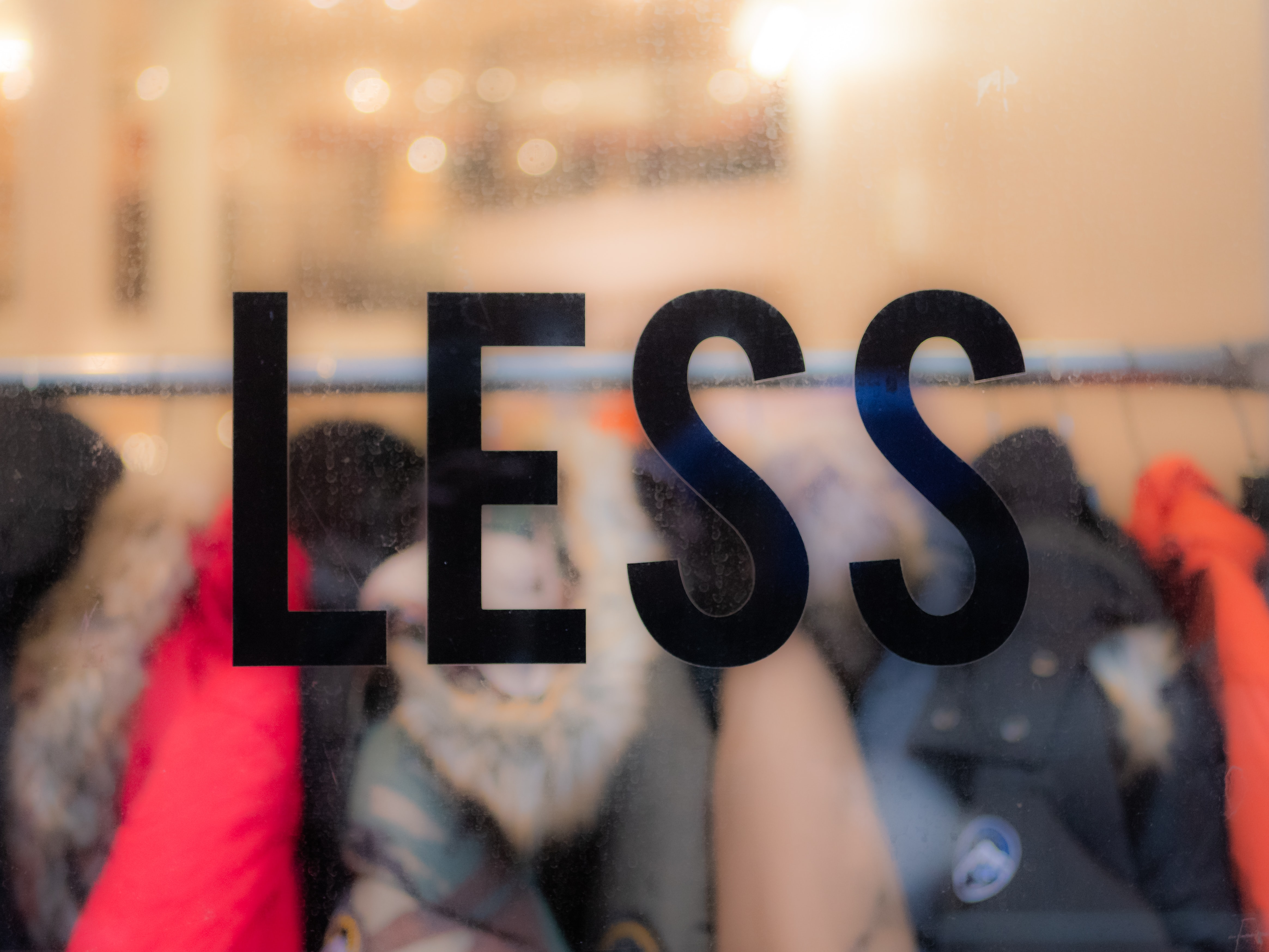Blog
Ethical Brands- How to Know if a Brand is Ethically Responsible?
- by: Verney - Sustaintable Shoes
- Marcas, Moda, Sustentabilidade
As we know, the topics of sustainability and environmental prevention are increasingly discussed these days. This happens because there is a certain urgency to reduce the environmental impacts of some industries, particularly the fashion and footwear industry.
It is in this sense that programs, measures, tips, but also sustainable brands have emerged around the world. Obviously, these sustainable brands are welcome and can really be the beginning of a change in society's habits. That is, the ideal would be that in the long term, society would stop consuming fast-fashion products and sustainable brands would exist only.
When we hear about sustainable brands, the concept of ethical brands is also associated. Do you know what this means?
Ethics can be defined as a set of principles and values that guide the conduct of every human being in society. In this sense, when a brand assumes itself as sustainable, vegan, or ecological, it has to remain true to its values in all its actions, thus also being an ethical brand.
However, in the last few years we have seen the number of sustainable brands increase, which is not something negative, quite the contrary! But the big question is, are all these brands really who they say they are and are they also ethical brands?
This question appears, because at this moment we are seeing what we could classify as two major categories of sustainable brands:
- brands that emerge already sustainable and/or vegan, meaning those brands that are created with these principles in mind and apply them in their daily lives;
- Brands that are changing and becoming sustainable and/or vegan, that is, those brands (including fast fashion) that see that sustainable brands are being increasingly valued and decide to assume themselves as more ecological, even if only through eco-friendly collections.
However, the reality is that there are brands that take advantage of the image of sustainability and ecology to make more profits. In this sense, we are clearly facing a marketing strategy, where if we deeply analyse the brands in question, we will see that their values and principles are quite different from those that are being promoted. So don't be fooled!
How do you know if you are facing an ethical brand?
It is not difficult to understand that when a brand assumes to be who it is not, it ends up not being an ethical brand, because they are not following their values and principles.
The big question is, how do you know if a brand is ethical or not? There are some aspects that you should pay attention to and that will tell you everything you need to know.
When we are dealing with an ethical brand, the brand follows some essential points and so you can know if you can trust the brand in question.
See here below the points to which you should pay attention:
- The composition of the products: an ethical and sustainable/vegan brand has the duty to say clearly and precisely what materials are used in its products. When a brand does not do so or mentions vaguely that it is an ecological material without saying precisely which one, it is reason to be suspicious!
- The certifications: not all brands are certified, as this implies a cost for the brand, but when a brand is certified (by PETA, for example) you can be sure that the products follow the proper regulations, and you can trust the brand;
- The prices: ethical brands that follow slow fashion practice higher prices, compared to the prices practiced by fast fashion. This is justified by a number of things, such as the costs throughout the production chain or the fair remuneration of all workers involved in the process. Also, ethical brands do not go on sale and very rarely have promotions, so keep an eye on this aspect!
- The production place: as already mentioned in other articles, being a sustainable brand is not only about using eco-friendly materials, but there are also other relevant factors, such as the production place. One of the main goals of sustainable brands is to reduce environmental impacts, so production places should be located as close as possible to the market they sell to. What would be the point of a European brand producing on the Asian continent, for example? This is not to say that it is not possible to produce in a sustainable way in these countries, but the environmental impacts of transporting the products to Europe would be extremely high.
- The number of collections: unlike fast fashion brands that may produce collections on a weekly scale, slow fashion brands, including ethical brands, produce a smaller number of collections per year. In Verney's case, two collections are released per year.
- The second life of products: not all ethical brands do it, but most of them try to have a way to recover their products when they reach the end of their useful life. If we take the case of Verney, our team is prepared to collect the brand's shoes when the consumer feels that the product has lived all it has to live. After that, the shoes are recycled and can be reused in future collections. This and other actions are conducted by other ethical and sustainable brands, to ensure a circular economy with less environmental impact.
We hope that with these tips you will not be fooled by the beautiful marketing campaigns and learn how to investigate properly if the brands you consume are an ethical brand or not.
Subscribe to our Newsletter
Receive all our news and promotions!



